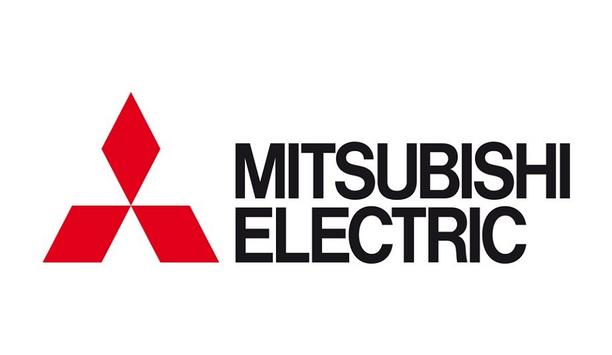Study of hundreds of people concludes that commitments in the latest low carbon incentive for homes will not be enough, in order to address cost challenges associated with heat pump adoption.
Funding from the UK Government’s Boiler Upgrade Scheme (BUS) will be insufficient to address UK consumer concerns, about the cost of installing heat pumps, a public survey of 500 people has concluded.
DG Cities’ survey on public attitudes towards heat pumps
DG Cities said feedback from its latest study into public attitudes towards heat pumps suggested that funding of between £5,000 and £6,000 for the adoption of these systems would not be enough to encourage mass adoption.
Of the 500 people surveyed, 46 per cent said they were unaware of the BUS grant that will begin to provide funding from May 23, 2022. Applications for suppliers to support the scheme opened the previous month. In total, 60 per cent of the survey group said they would not use the grant.
Boiler Upgrade Scheme (BUS)
A major aim of the Boiler Upgrade Scheme is to encourage homes to adopt air or ground source heat pumps
A major aim of the Boiler Upgrade Scheme (BUS) is to encourage homes to adopt either air or ground source heat pumps with an initial funding pot intended to partially cover the costs of 30,000 installations, during the program’s first year.
In focusing on the broader public attitudes to heat pumps, DG Cities’ survey found that 82 per cent of respondents said they had heard of heat pumps, although 46 per cent said they knew little about how the technology works or what it does.
Purchase plans
Results from the survey could prove concerning for the UK Government’s ambitions to have 600,000 heat pumps a year being installed by 2028, with 70 per cent of respondents saying they were ‘very unlikely’ to purchase a heat pump over the next 12 months.
The main barriers to adoption identified in the study were linked to perceptions around the cost and effectiveness of heat pump systems.
Research Community Group
DG Cities used its Research Community Group to understand where policy improvements might be made, with regards to incentives. The group is made up of UK business leaders and the wider public.
Over half of the survey group – 53 per cent – said they viewed current installation costs as being too high. This was based around the systems having an assumed total installation price of between £10,000 to £12,000. Meanwhile, 34 per cent of those surveyed said they weren’t convinced that a heat pump would be an effective replacement for their existing heating system.
Impact of ongoing energy price increases
Another focus of the survey was the impact of ongoing energy price increases expected over the course of 2022
Another focus of the survey was the impact of ongoing energy price increases expected over the course of 2022. DG Cities said that 56 per cent of the survey group did not see the current concerns over energy prices as a reason to switch to a renewable home energy source.
Even with predicted increases in the cost of gas, 46 per cent of the survey group did not see heat pumps as a viable alternative to replacing directly using fossil fuels in their homes.
range of concerns linked to heat pumps costs
Ed Houghton, the Head of Research and Service Design with DG Cities, said “The survey identified a range of concerns linked to the cost of heat pumps, as well as limited consumer awareness of how they work and the material changes in homes that may also be needed to support them.”
He adds, “Our data shows that the government’s Boiler Upgrade Scheme is not enough by itself to drive the transition. We need more public engagement to fully understand people’s concerns and a public information campaign to debunk myths and help people better understand the technology.”
Identify policy recommendations
The survey has also been used to identify policy recommendations to help build demand for the systems.
These recommendations include calls for more research into current levels of public willingness to adopt decarbonization strategies in their homes, and what the main barriers are to more energy efficient and low carbon solutions.
Heat and Buildings Strategy
DG Cities also cited commitments in the UK Government’s Heat and Buildings Strategy, intended to phase out demand for natural gas boilers by 2035. The organization argued there was also a need to introduce public information programs to build awareness and understanding of low carbon alternatives during this transition.
Another recommendation from DG Cities was for a ‘clear, impartial and trusted source of information that gives consumers the evidence they need to make an informed choice’ on heating options and changes to their homes.
















